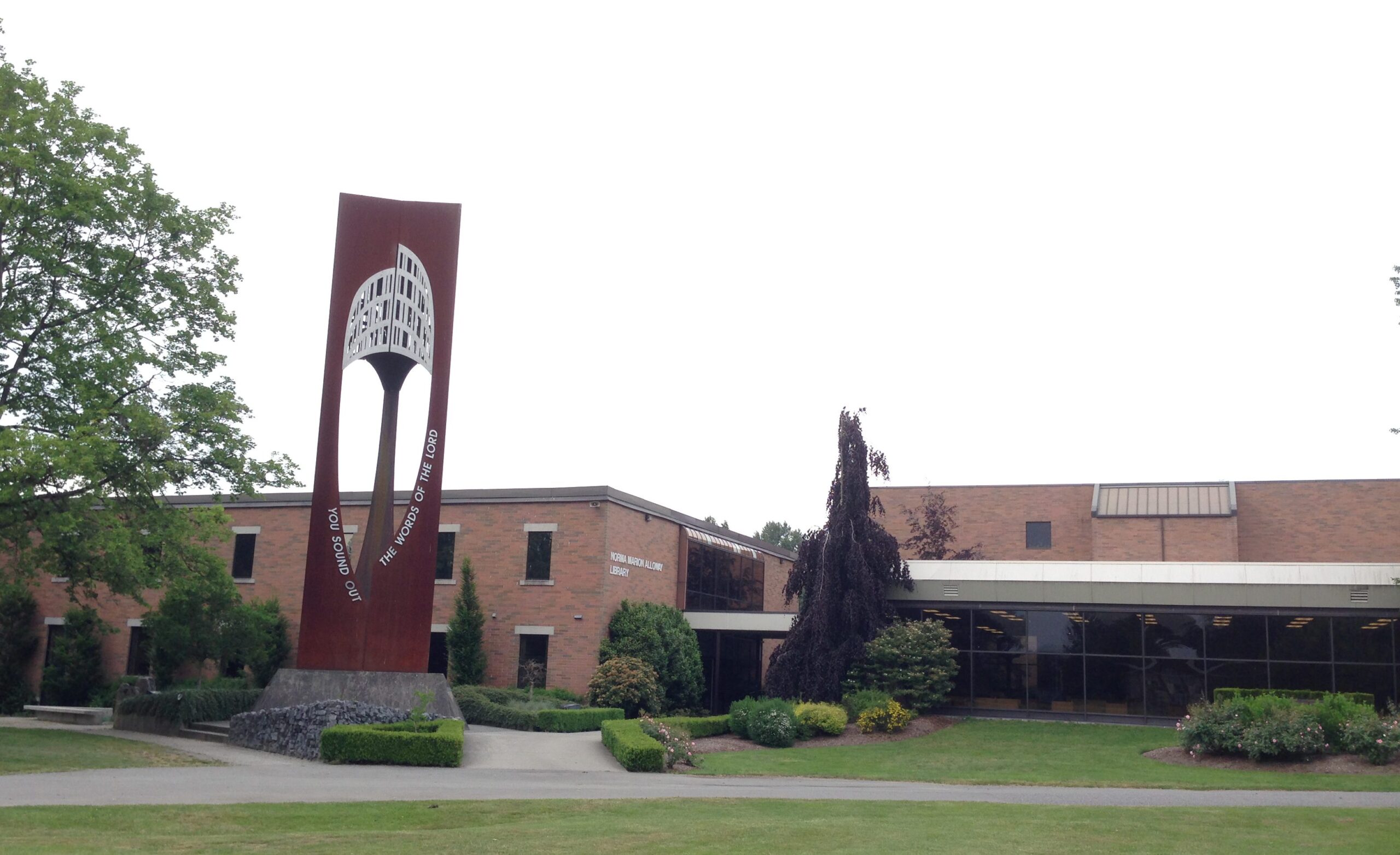At the outset, they were treated like they couldn’t exist.
On the first day of oral argument at the Supreme Court of Canada, Trinity Western’s lawyer said that people who don’t share the Christian university’s religious commitments — namely, those who wish to marry a same-sex partner — will tend not to enroll.
But the future LGBT students of Trinity Western University’s proposed law school were given a voice at the Supreme Court on the second day of hearings, Dec 1, 2017.
“There’s no dispute that LGBTQ students have attended and do attend TWU and no reason to think that LGBTQ students would not similarly attend TWU’s proposed law school,” said Adriel Weaver, the lawyer for Egale Canada Human Rights Trust, one of many groups that intervened in the case. “They must not be disregarded or discounted.”
The assumption that LGBT students wouldn’t want to attend Trinity Western’s law school was implicit in many of the questions posed by the Supreme Court justices on the first day of the trial. But Weaver laid out the numerous reasons why LGBT students may end up at Canada’s largest Christian university.
It could be the only law school seat that was offered to them or the only institution their family would be willing to help pay for. They might live close to the university, which is located in Langley, BC. Some students will undoubtedly only come to terms with their sexuality during their three years of law school. Others will specifically want a Christian legal education despite their sexual orientation or gender identity.
“Awareness and experience of one’s gender identity and sexuality can evolve over time,” Weaver said. “And the full effects of the covenant might only be felt after a student has become part of TWU’s community.”
By bringing the discussion back to LGBT students at Trinity Western, Weaver and other intervenors revealed the stark consequences of the community covenant’s sanctioned homophobia.
“Breaches of the covenant for sexual misconduct may be punished by suspension or expulsion,” OUTlaw’s Frances Mahon told the court. “And whether or not students have actually been expelled is irrelevant — the power is there and it creates a chilling effect for prospective students.”
Queer students at Trinity Western have told Xtra that the covenant, which strictly forbids any form of “sexual intimacy that violates the sacredness of marriage between a man and a woman,” creates an atmosphere of shame and stigma at the university.
Trinity Western’s lawyers acknowledge that the covenant is discriminatory, but argue that the university is entitled to its religious freedom and that its proposed law school should be accredited because its graduates will be qualified.
Karey Brooks, lawyer for the BC LGBTQ Coalition, said the case should turn on questions of equality and dignity for LGBT people.
“LGBTQ people have lived with the state’s and society’s facilitation and acceptance of their discrimination for far too long,” she said. “Indeed, it is precisely because LGBTQ people remain an oppressed minority that we submit that some people do not see this as an easy case.”
The Supreme Court is expected to issue a decision next year.

 Why you can trust Xtra
Why you can trust Xtra


